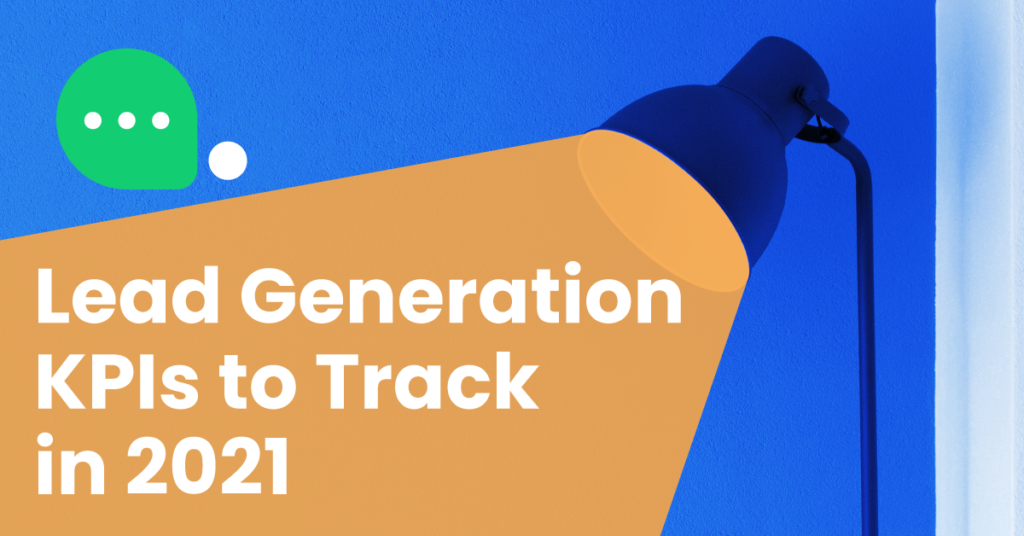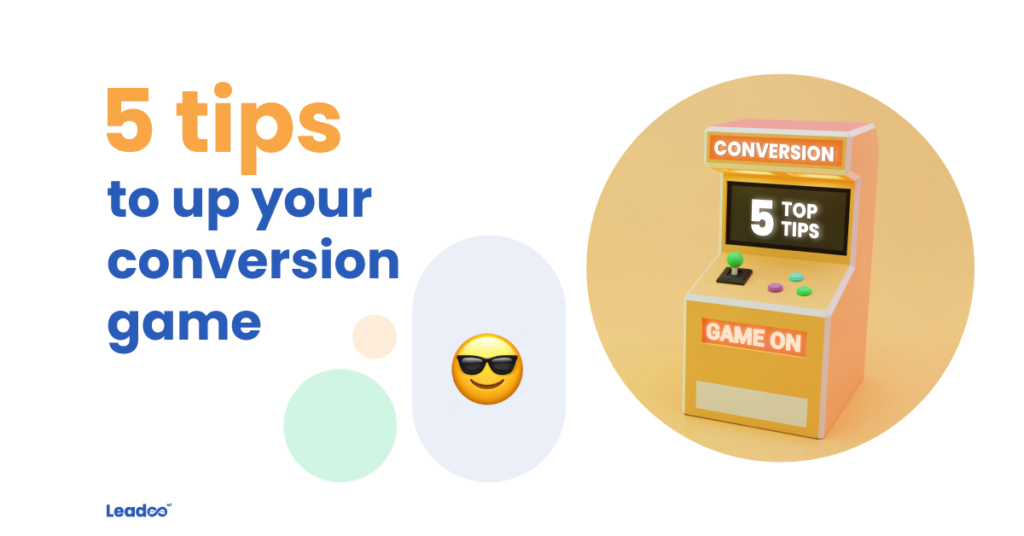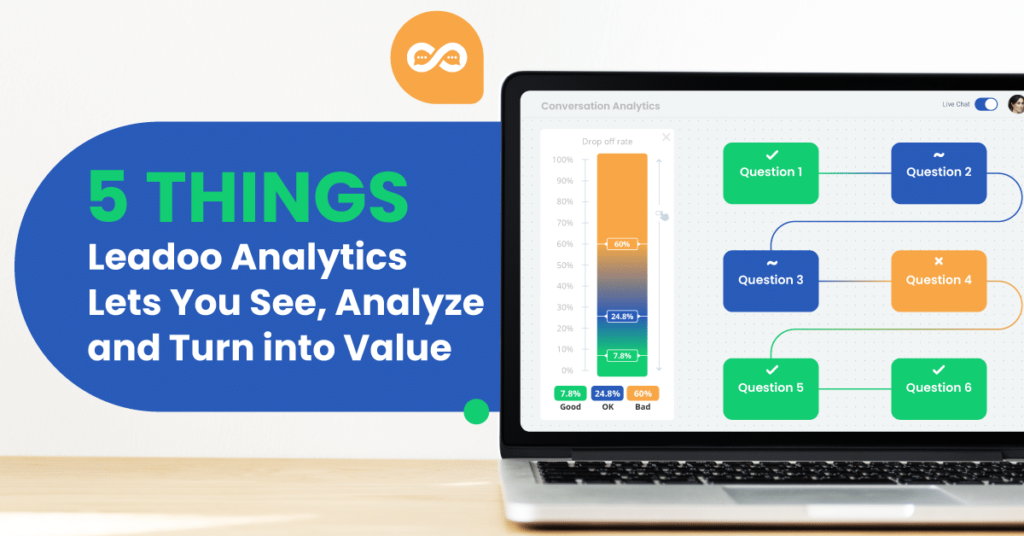
Before we get to the lead generation KPIs… You can chat with our bot at the end of this article to get suggestions on how to improve your lead generation performance. But first, the most important lead generation KPIs (key performance indicators) to track.
Lead generation is like any other area in marketing, sales or business in general: if you don’t track it, you might as well start from scratch every day. For anyone interested in making a profit, that’s not a recommended option.
Whether you’re just getting started with lead generation KPIs or want to streamline your analytics process, here are the top lead generation metrics you should track: number of qualified leads, cost per lead, and lead value.
Lead generation KPI #1
Number of qualified leads
The word qualified is the key here. Leads are special in the sense that you can pretty much decide for yourself what a lead is. And trust me, it really is a Wild West out there…
So you need to ask yourself: what is the lead qualification/criteria that makes sense for my business? Perhaps you want to know the prospect’s industry or revenue, or the interested person needs to hold a specific decision-maker position – for example CMO or CTO – in their company.
There’s another twist: should you track marketing qualified leads (MQLs) or sales qualified leads (SQLs)? Frankly, I suggest that you track both of these lead types separately, because they provide different insights into your performance. Defining lead criteria for MQLs and SQLs also helps your marketing and sales teams work smoothly together and achieve the best possible results.
Defining your criteria for qualified leads lets you focus only on the leads that meet your quality requirements. Just don’t fool yourself by setting your lead criteria too low. Calling every identified website visitor or spammy email address giver a qualified lead doesn’t do any good – least of all to you.
This is also why tracking the total number of leads makes little sense. Growing that number is fairly easy, but it doesn’t mean that the added lead volume has any business potential. Stay true to your lead qualification criteria.
Understanding the basics of MQLs and SQLs
Simply put, a sales qualified lead is someone who has expressed enough interest in your offering to be moved on from marketing to sales. Until that point, the lead should be treated as an MQL.
But how much is enough interest? Unfortunately, there’s no universal answer. This is where your knowledge of the ideal customer is invaluable.
Start selling to a (marketing qualified) lead too early and you risk putting them off for good. Wait too long and you may well lose them to a competitor. It all comes down to when the potential customer is ready to buy. Improving your lead generation performance is an infinite game of refining this understanding.
So, begin by listing the minimum requirements for both MQL and SQL, and then start tracking the numbers as leads come in.
Lead generation KPI #2
Cost per lead (CPL)
You should start tracking your lead generation performance from the number of qualified leads. Once you know your MQLs and SQLs, the next step is to start looking at the costs and value of leads.
Cost per lead (CPL) is an important KPI because it tells you whether your marketing activities are working or not. You also wouldn’t want to spend more on acquiring a lead than what it’s worth, so naturally, your CPL should fall below your average lead value (more on this below).
Calculate your cost per lead by adding up all investments that you made on generating leads, and divide that by the total number of leads. Again, only include qualified leads in your calculation for an honest result. Associated costs to consider may include anything from content marketing to ad spend, marketing software and outsourced services.
Note that cost per lead will vary depending on channel and marketing campaign. If you have the resources, it’s great to follow how different channels stack up against each other, as it will inform you about where you should focus your efforts. If you don’t have this luxury, average CPL across channels is a good place to start.
Lead generation KPI #3
Lead value
Cost per lead is closely related to lead value, the last one of my top-3 lead generation KPIs. Value never exists without cost, nor vice versa. Lead value is critical for understanding how much you can spend on marketing, and offers a valuable indication about developments in your business.
By now, you should have the mindset that marketing and sales are in this together. To figure out your lead value, you need to dig fearlessly into both marketing and sales numbers.
From the marketing side, you’re interested in recurring revenue and customer lifetime value (CLV). Sales, on the other hand, can inform your calculations with, for example, the lead-to-customer ratio and average deal value.
There are different ways to reach your lead value, depending on which numbers you base it on. The important thing is that marketing and sales are on the same page and that the value is comparable with CPL. Once you have it calculated, lead value will determine the correct threshold for cost per lead.
Keep scrolling to get your instant improvement suggestions
Start generating leads by tracking the right KPIs
Figure out and track these 3 lead generation KPIs and you’re well equipped to make decisions that take you towards better results. It’s extremely important to have marketing and sales work together on everything related to lead generation.
Not only is there information that both teams need from each other, but defining lead qualifications and following up on the results together helps both in doing a better job.
Instantly improve your lead generation results


